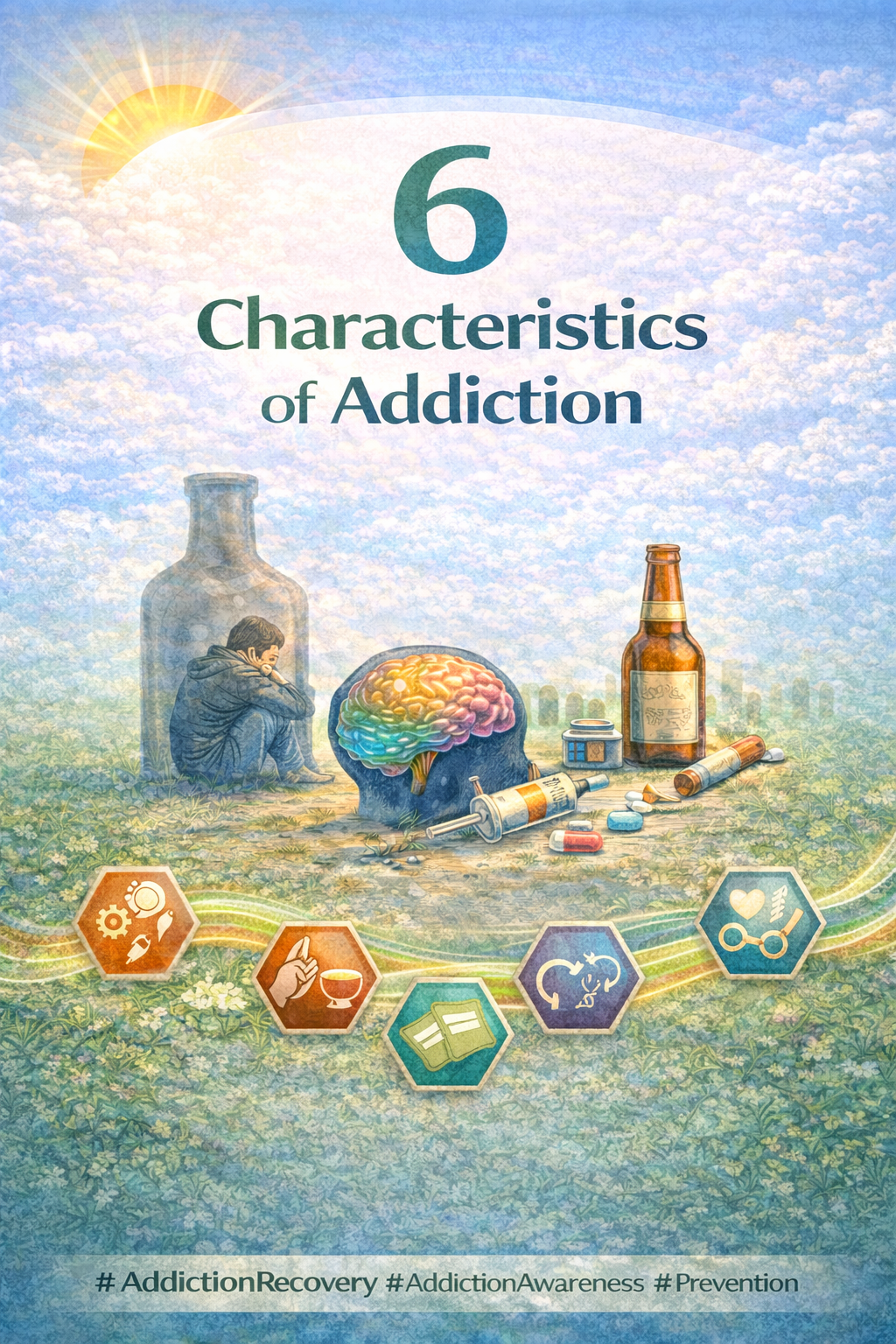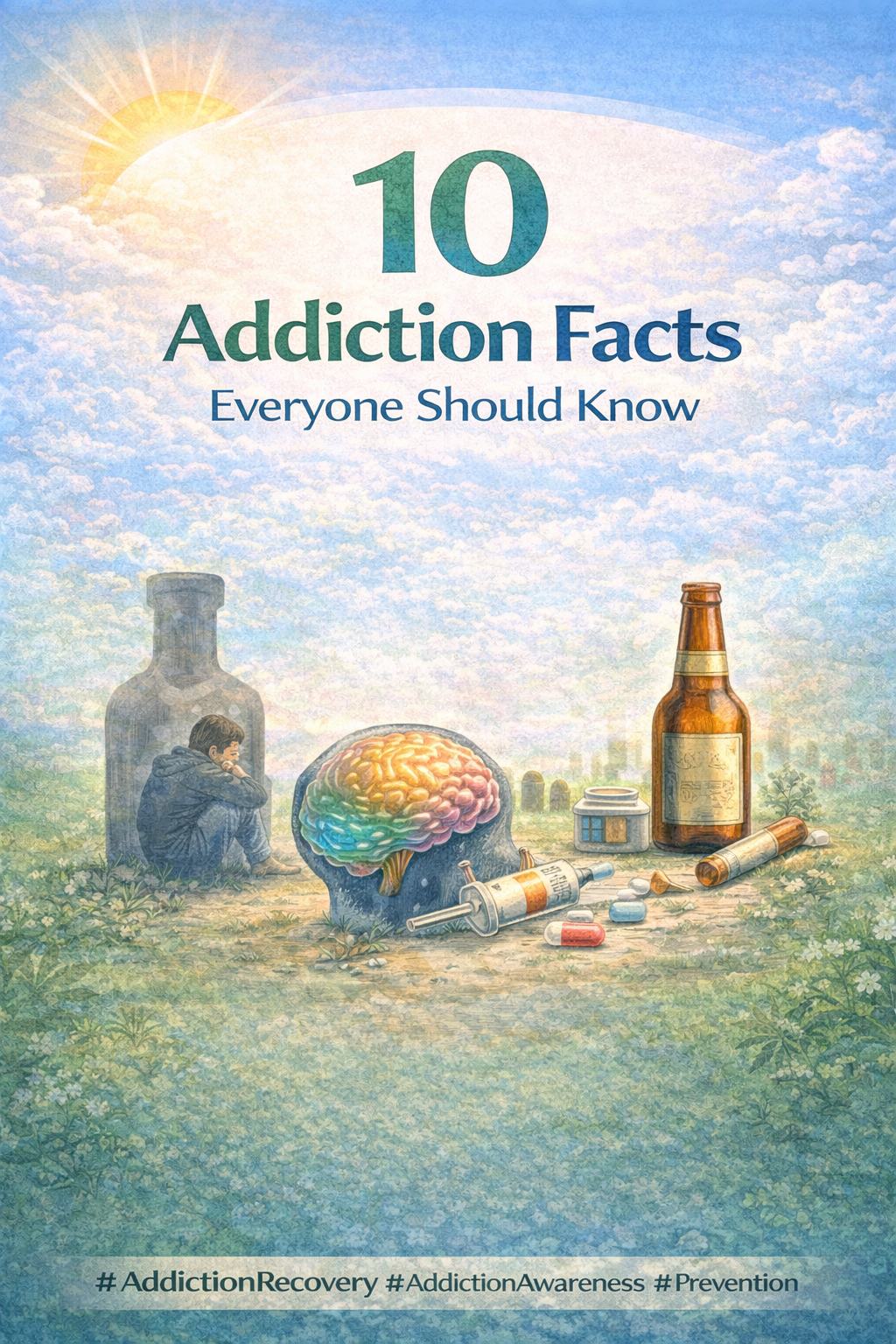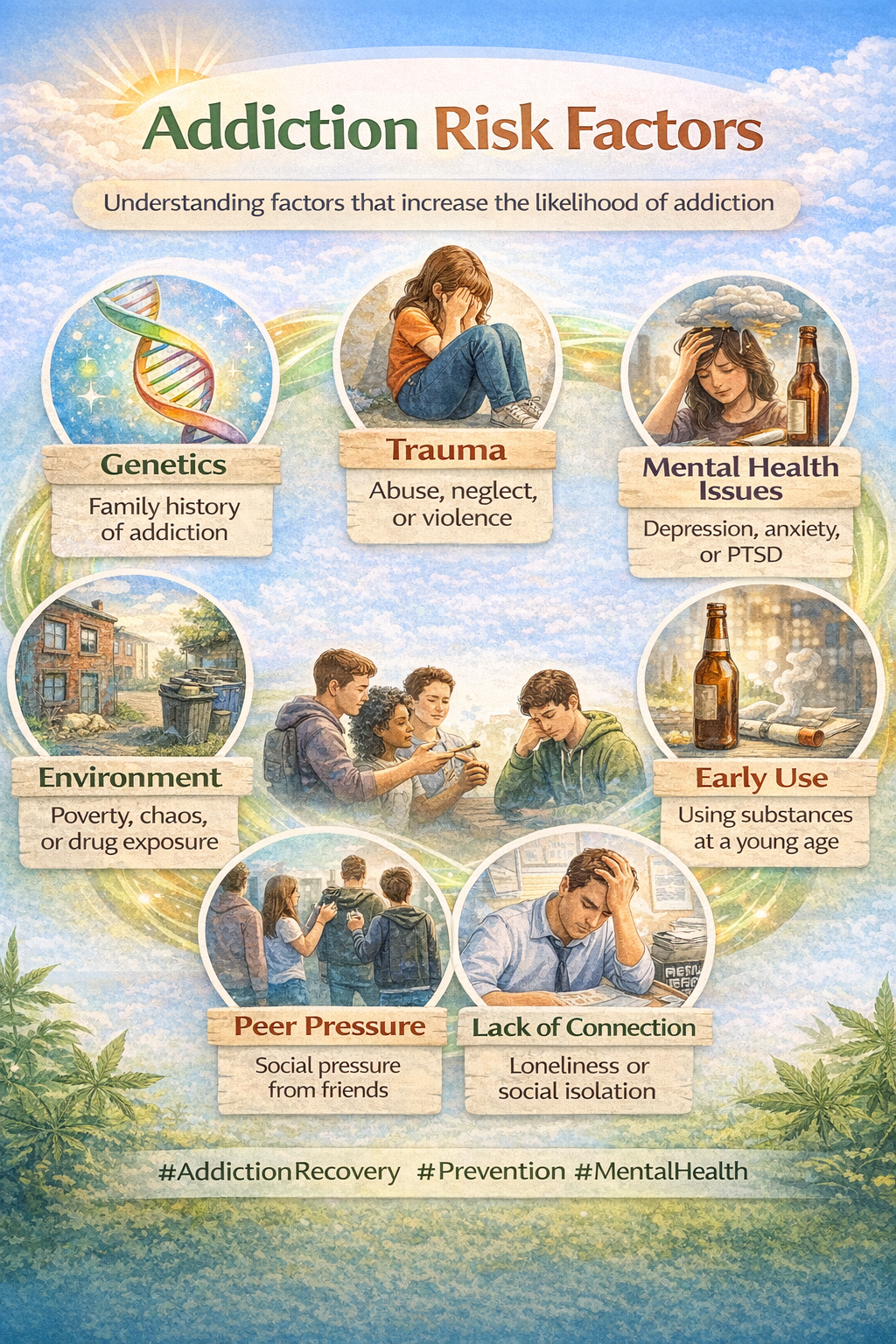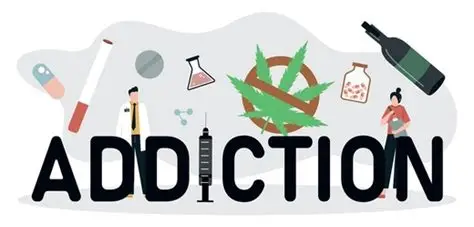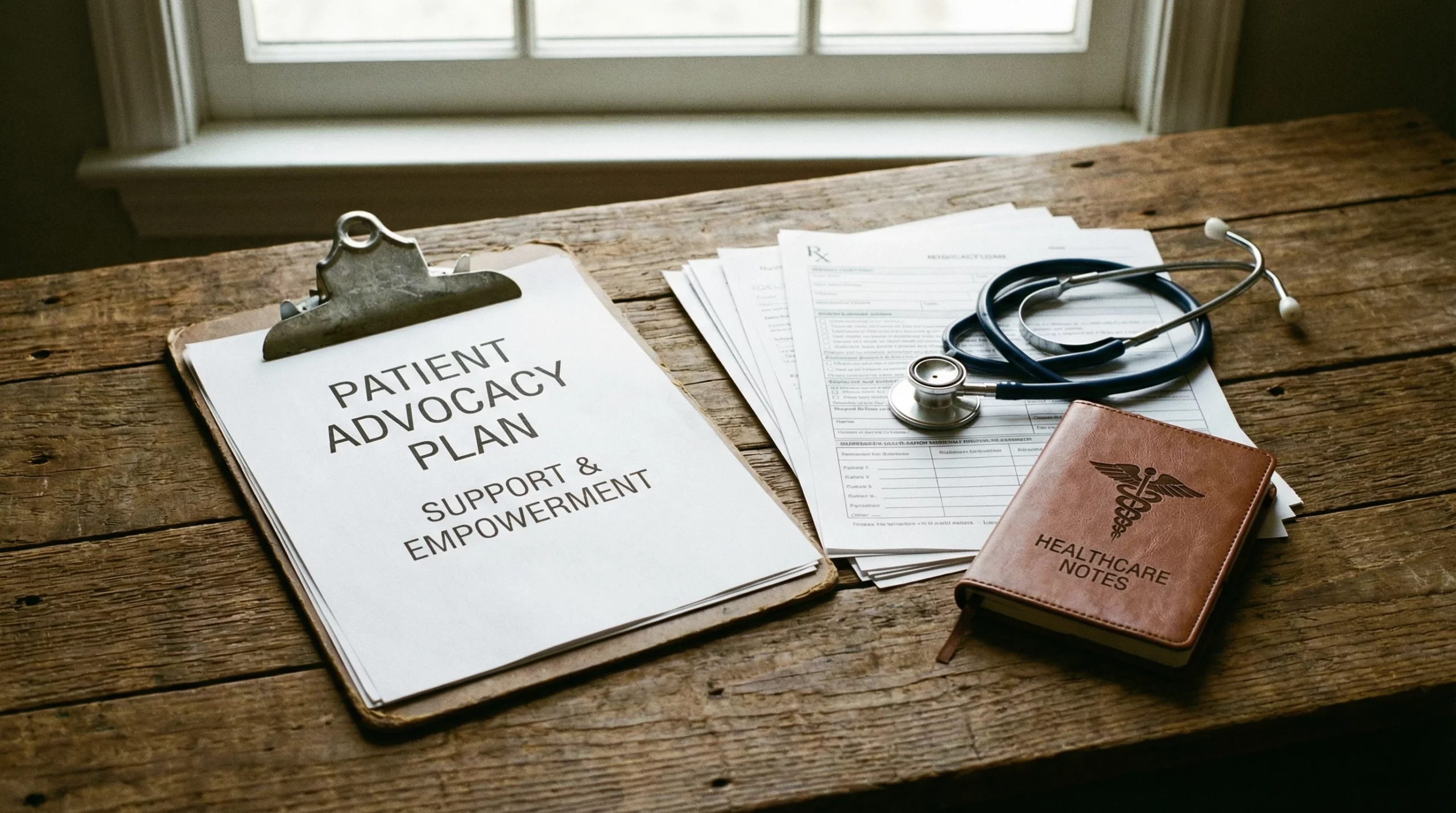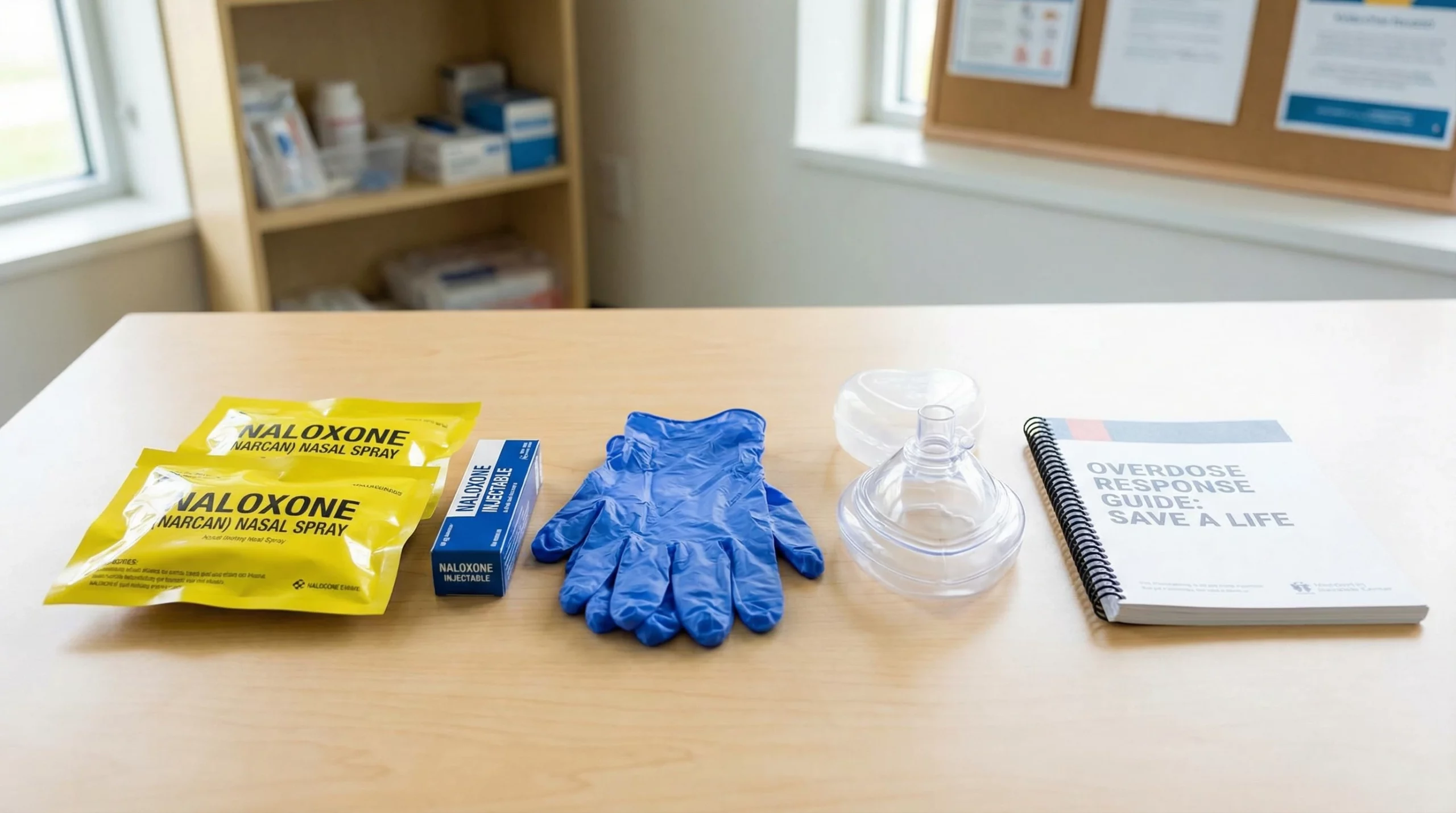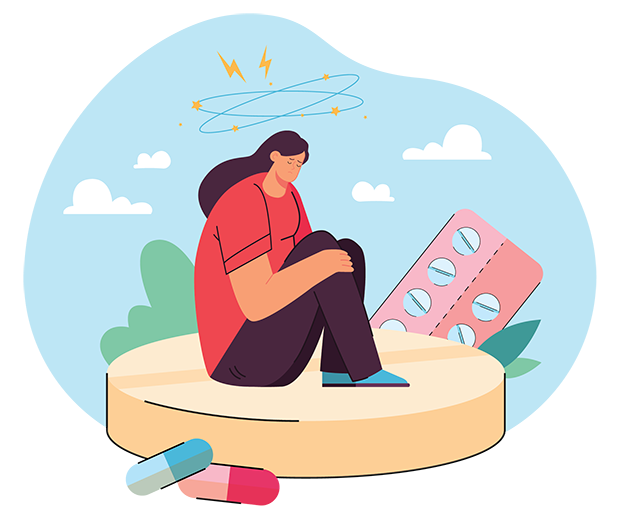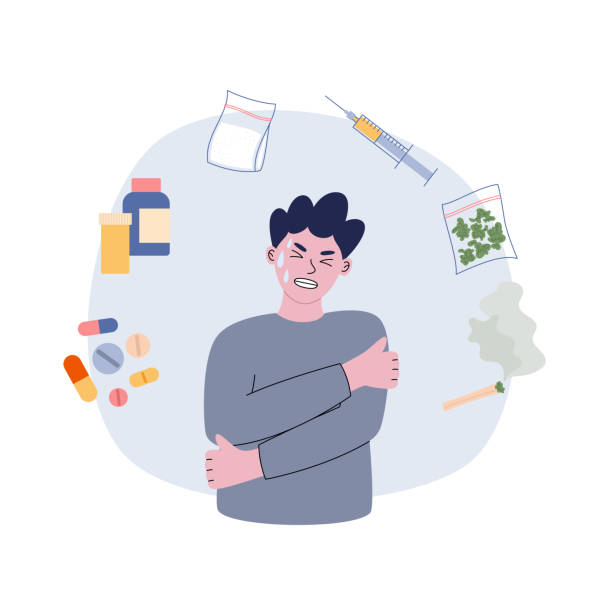Six Characteristics Of Addiction
Addiction often feels confusing and overwhelming, not just for people experiencing it but for anyone trying to figure out what actually goes on. It’s more than just using a substance or chasing a certain behavior. These patterns can be surprisingly deep-rooted. Knowing the main traits that define addiction is important for spotting early warning signs … Read more
